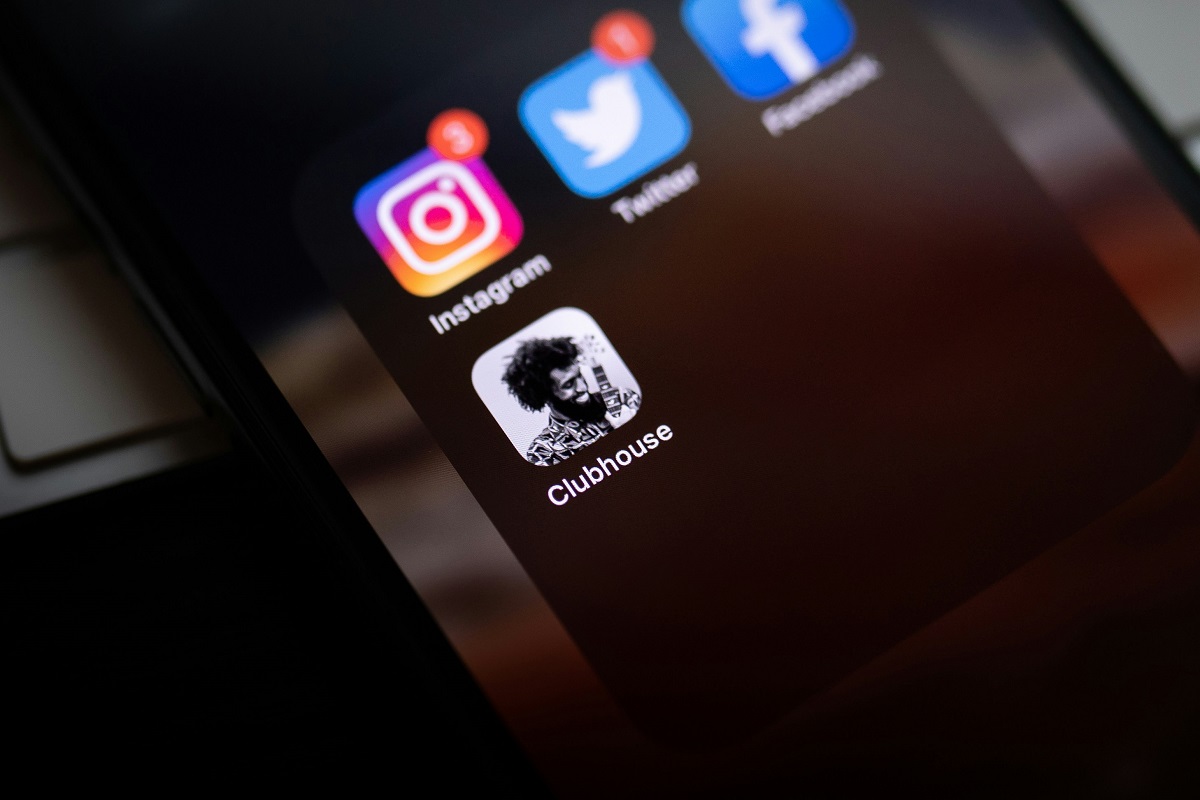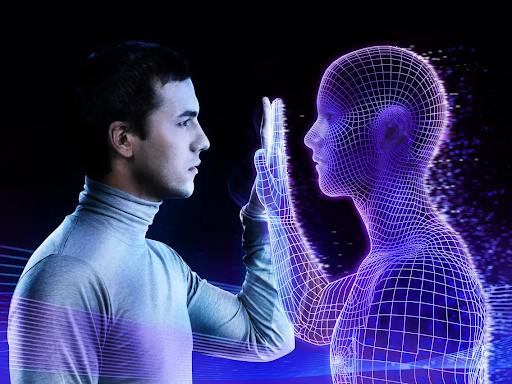
In 2013, the sci-fi/horror series Black Mirror premiered one of the top episodes “Be Right Back”. This episode illustrates a woman named Martha who had a haunting experience, his boyfriend Ash Starmer died in an accident. She got depressed after his death, and in this critical situation, she discovered a surprising way to communicate with her boyfriend’s clone version through artificial intelligence. At that time, almost a decade ago, this idea seemed almost imaginable, regarding the comprehensive digital footprint many of us left through smartphones and computers.
Now, the idea of a person’s digital cloning version has become a reality. A startup named Delphi, announces $2.7M in funding for its AI digital cloning service. With the help of Delphi, one has to upload just a few documents containing communication data, emails, chats, videos, or audio files. It can create an AI chatbot reflecting one’s personality and talking style, even audibly through a partnership with ElevenLabs for voice cloning.
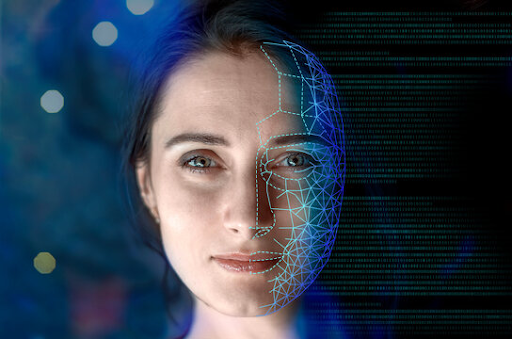
The AI clone can be utilized on websites, Slack, or even communicate with a phone number to engage in conversations and respond to calls on behalf of the user. The founder and CEO Dara Ladjevardian stated that Delphi aims for an optimistic perspective on this technology, heading people away from fear.
The investors, including Keith Rabois from OpenStore and Founders Fund, are hopeful about Delphi’s work, it is apparent through their contribution to the fund-raises. However, Delphi’s adaptability in constructing clones, living or dead, without their consent raises ethical concerns. Ladjevardian accepted the issue of not having barriers in place to prevent misuse.
Delphi’s roots trace back to Ladjevardian’s search to reconnect with his late grandfather, inspired by OpenAI’s GPT-3 model for conversational cloning. The software finds potential in scaling its business model toward coaches, influencers, and leaders seeking to extend their influence through digital clones.
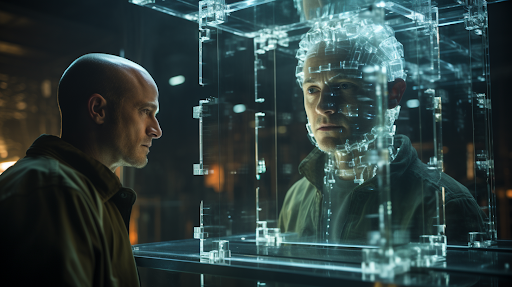
While Delphi remains processing its pricing structures, it plans monthly subscription models based on clone hosting and usage metric functions. Already, over 100 individuals, including Grammy-Award winner Illmind, have created digital clones for guidance and communication. As Ladjevardian tested with his clone, engaging in a 10-minute conversation, he found it unexpectedly therapeutic.
The creation of a digital clone can done through the following three steps:
- Record your thoughts: Users express their thoughts, answering 25 or more questions in any of the six supported languages containing English, Spanish, Portuguese, Polish, Ukrainian, and Belarusian to share personal experiences and memories.
- Create a 3D avatar: By uploading their selfies taken from different angles, users craft a realistic 3D representation of themselves.
- Download your clone: The customized clone is safely stored in the cloud, it could be shared via a link. Otherwise, users can download their clone or choose an encrypted USB flash drive, providing the unchanging existence of their clone.
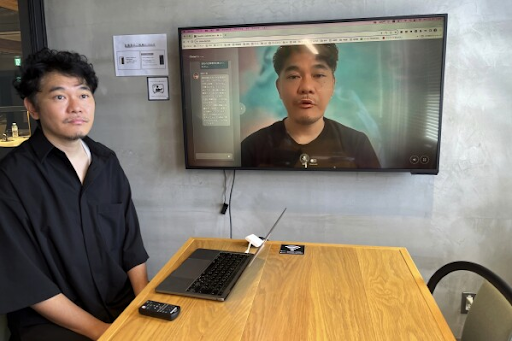
AI continues to grow at a fast pace, and considering the desired outcomes becomes imperative. The splendid innovation of cloning versions of real people gives rise to a new era of maintaining individuality and facilitating meaningful connections across time. It is trying to bridge the gap between the present and the future through digital immortality. Some people consider it bad to have a lot of dependency on technology. However, the upcoming problems demand a clear understanding of how AI is applied in workplaces and the personal importance it carries.
HOME
